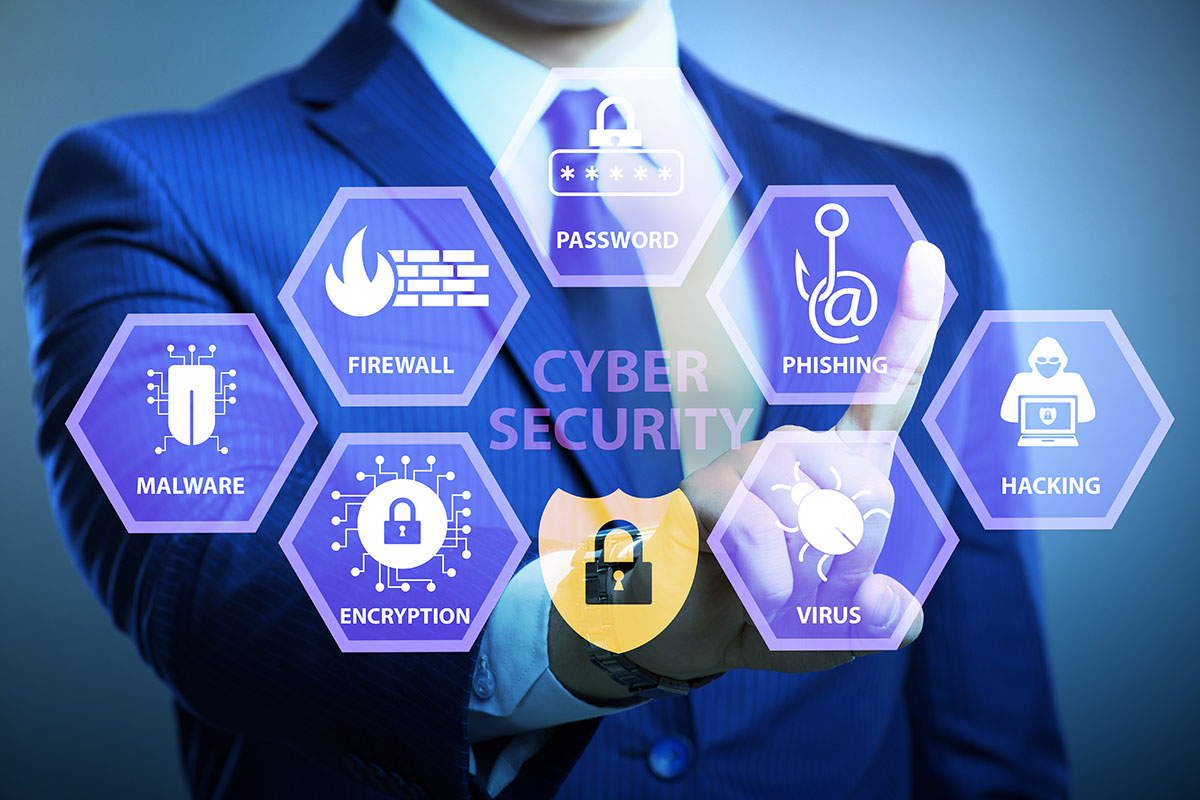

🛡️ Cybersecurity Best Practices for Small Businesses
How to Protect Your Company Without a Big IT Budget
Cyberattacks don’t just target large corporations. In fact, small businesses are among the top targets because they often lack dedicated security teams or formal protections. One breach can lead to lost data, downtime, lawsuits, or even business closure.
Fortunately, following core best practices can reduce your risk dramatically. Below is a list of essential cybersecurity best practices tailored for SMBs—practical steps that make a big impact, even with a limited budget.
✅ 1. Use Strong, Unique Passwords and Multi-Factor Authentication (MFA)
Why it matters:
Most data breaches start with stolen or guessed passwords. Password reuse and weak credentials make it easy for attackers.
What to do:
Bonus Tip: MFA can block over 90% of credential-based attacks.
✅ 2. Regularly Patch and Update All Systems
Why it matters:
Outdated software is one of the most common vulnerabilities exploited in cyberattacks.
What to do:
Tip: Set a monthly “patch day” if you’re managing multiple systems manually.
✅ 3. Provide Ongoing Employee Cyber Awareness Training
Why it matters:
A well-meaning employee clicking a phishing link can take down your entire network.
What to do:
Stat: 88% of data breaches are caused by human error. Training matters.
✅ 4. Implement a Solid Backup Strategy
Why it matters:
If you’re hit with ransomware or hardware failure, a clean backup can save you.
What to do:
Mistake to avoid: Backups that aren’t tested are just expensive copies.
✅ 5. Apply the Principle of Least Privilege
Why it matters:
The more people who have access to sensitive data or admin rights, the more your risk grows.
What to do:
Security tip: Shared passwords should be eliminated entirely.
✅ 6. Secure Your Network (Firewalls, Wi-Fi, VPNs)
Why it matters:
Open or poorly configured networks can give hackers a direct route into your business.
What to do:
✅ 7. Use Antivirus & Endpoint Protection
Why it matters:
Basic antivirus helps, but modern endpoint protection detects ransomware, suspicious behavior, and unknown threats.
What to do:
✅ 8. Monitor for Suspicious Activity
Why it matters:
Threats often go undetected for weeks. Catching something early can prevent full compromise.
What to do:
✅ 9. Have an Incident Response Plan
Why it matters:
When something happens (and it will), having a plan reduces damage and panic.
What to do:
✅ 10. Stay Compliant with Industry Regulations
Why it matters:
If you handle customer, financial, or healthcare data, you’re legally required to secure it. Non-compliance can lead to audits, fines, or lawsuits.
What to do:
Final Thoughts
Cybersecurity doesn’t need to be expensive—but it does need to be intentional. Start with the basics, build good habits, and invest in protections that scale with your business.
If you're unsure where to begin or want help prioritizing, Arkadian Cybersecurity offers free consultations for small businesses ready to take security seriously.
